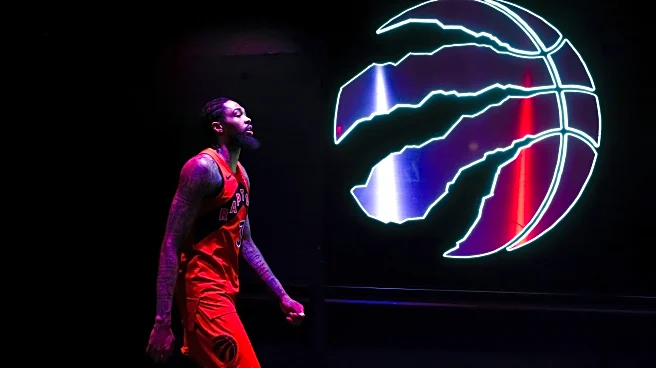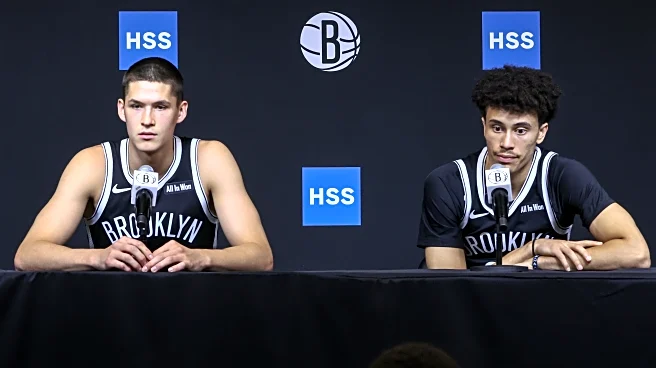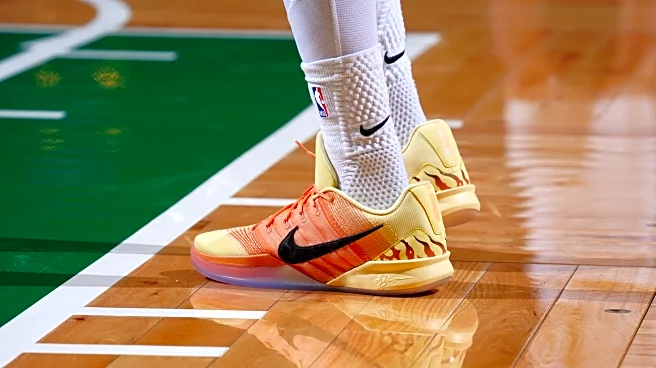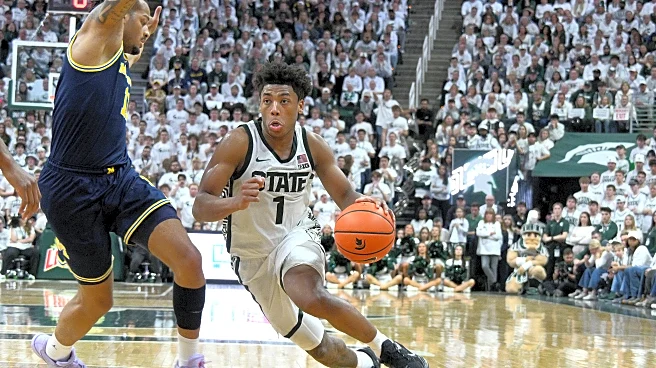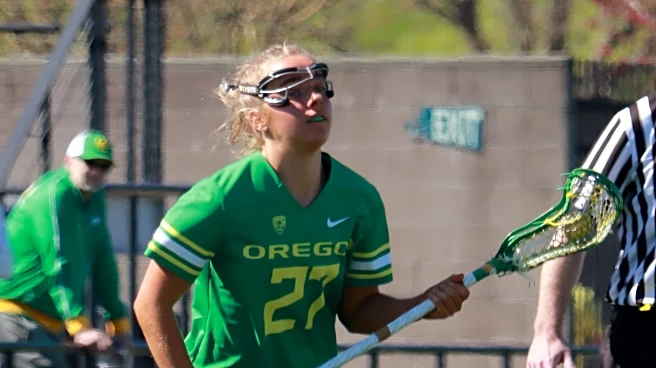Rapid Read • 8 min read
American sprinter Fred Kerley has been provisionally suspended due to an anti-doping whereabouts violation, as announced by the Athletics Integrity Unit (AIU). The AIU, responsible for handling anti-doping cases in track and field, issued a notice of charge against Kerley, citing a violation of the sport's anti-doping rules. These rules state that any combination of three missed tests or whereabouts failures within a 12-month period constitutes a violation. Kerley plans to contest the charge, as indicated by a letter from his lawyer dated August 4, which he posted on X. The letter argues that one or more of the alleged missed tests should be dismissed due to lack of negligence or insufficient effort by the Doping Control Officer to locate him at his designated location. Kerley, a bronze medalist from the 100-meter Olympic men's final last summer, has faced several challenges this season, including an arrest in May and missing U.S. trials earlier this month.
AD
The provisional suspension of Fred Kerley, a prominent figure in U.S. track and field, could have significant implications for the sport. Kerley, who has been a key member of the U.S. relay teams, will not participate in the upcoming world championships in Tokyo, potentially weakening the U.S. 4x100m team. His absence may impact the team's performance, especially considering their disqualification in the Olympic final in Paris. Additionally, Kerley's case highlights ongoing issues within the sport regarding anti-doping regulations and enforcement. The situation underscores the importance of maintaining strict adherence to anti-doping rules to ensure fair competition. Kerley's suspension also draws attention to the broader challenges faced by athletes in managing their whereabouts and complying with testing requirements.
Fred Kerley plans to appeal the charge, as stated in the letter from his lawyer. He intends to present his case to the appointed hearing panel, arguing against the alleged missed tests. The outcome of this appeal could influence his future participation in international competitions and his standing within the sport. Meanwhile, another U.S. sprinter, Erriyon Knighton, is also facing an anti-doping case, with the AIU appealing a decision by the U.S. Anti-Doping Agency. These cases may prompt discussions within the athletics community about the effectiveness and fairness of current anti-doping measures.
AD
More Stories You Might Enjoy



